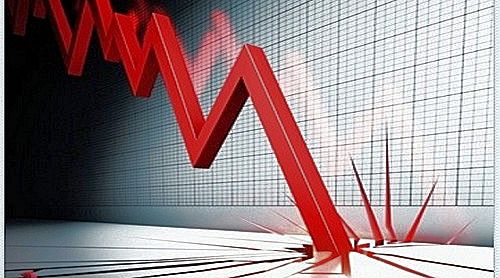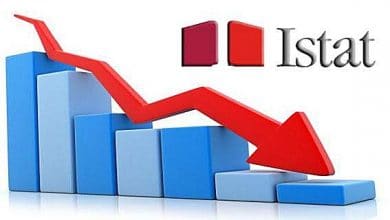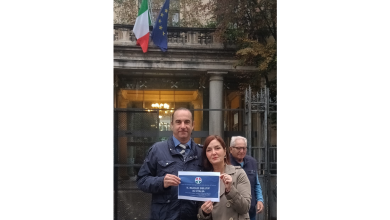
The study analyzes 47 indicators including pharmaceuticals (7 indicators: introduction of new anticancer drugs, use or abuse of antibiotics, access to latest generation drugs, etc.). Italy is only 21st in Europe, thus being overtaken by Slovenia, Slovakia, Spain, Estonia, Macedonia, etc. .
written by: guglielmo sano Guillottina,it
 According to an authoritative public health report, Italy is only 21st in Europe. “Thinking of an improvement would be fooling oneself,” say the authors
According to an authoritative public health report, Italy is only 21st in Europe. “Thinking of an improvement would be fooling oneself,” say the authors
Since 2005, the Euro Health Consumer Index (EHCI), created by the Swedish think tank Health Consumer Powerhouse (HCP), has been compiling an annual ranking of the European countries where people are best treated. The report is among the sources on the subject most appreciated by the European authorities. It is no coincidence that the latest edition (2014) was presented in Brussels, in the presence of the European Commissioner for Health Vytenis Andriukaities, who did not hesitate to define it "the most accurate and reliable comparison tool“.
In the rankings on expenditure and performance, the Italian data is all in all compliant with the European standard (per Bloomberg our national health service is even the third most efficient in the world, surpassed only by Hong Kong and Singapore). Things look bad for our country when researchers look at the consumers' point of view (the ranking is compiled by combining the results of public statistics, patient surveys and independent research).
 In fact, among the 37 countries considered by the EHCI (Scotland and the United Kingdom were considered separately by virtue of the different health systems), Italy ranked 21st (648 points out of 1000); one position less than last year, 6 compared to the best result obtained in 2008. First in the standings are the Netherlands, with a score of 898 out of 1000, followed by Switzerland, Norway, Finland and Denmark.
In fact, among the 37 countries considered by the EHCI (Scotland and the United Kingdom were considered separately by virtue of the different health systems), Italy ranked 21st (648 points out of 1000); one position less than last year, 6 compared to the best result obtained in 2008. First in the standings are the Netherlands, with a score of 898 out of 1000, followed by Switzerland, Norway, Finland and Denmark.
The study analyzes 47 indicators divided into 6 macro-areas: Patients' rights and information (12 indicators: right to a second opinion, online booking, prescription by mail, etc.); Accessibility and waiting times (5 indicators: access within the day from family doctor, waiting lists, etc.); Outcome (7 indicators: infant deaths, abortion, treatment for depression, etc.); Range and services (8 indicators: equity in the health system, kidney transplants per million inhabitants, public dental care, caesarean sections, etc.); Prevention (8 indicators: neonatal and HPV vaccinations, smoking prevention, average sugar intake, undiagnosed diabetics, etc); Pharmaceuticals (7 indicators: introduction of new anticancer drugs, use or abuse of antibiotics, access to the latest generation drugs, etc.)
Italy does not go beyond 11 positive judgments and collects 24 mediocre judgments and as many as 13 shortcomings, thus being overtaken by Slovenia, Slovakia, Spain, Estonia, Macedonia, Scotland, the Czech Republic just to name a few - while the Netherlands has 38 positive judgments out of 48 and only 3 shortcomings.
“Although many countries report a small decline in health expenditure, overall health performance continues to improve”, so commented the findings of the report Arne Bjornberg, president of the HCP. In 2006, the first index assigned a score above 800 to only one country, while in 2014 the same threshold was exceeded by nine health systems, all characterized by excellent performances.
Italy is, on the contrary, “one of the few European countries that has not improved its score on the index”. On the other hand "the performance of the Italian healthcare system continues to slide downwards, continuing its unfortunate downward trend that began with the first EHCI surveys”. In this regard, the authors of the study point out that "public health is one of the many important systems in the country that desperately need reforms, but in the climate of paralysis in the prevailing politics, measures capable of remedying the scarcity of these results are not implemented”. In short, as Bjornberg points out, “to expect major reforms, which appear extremely uncertain, would be fooling oneself“, in essence, “there does not seem to be any political will to implement decisive actions”.
Related news: Cgil Cisl Uil: immediately stop the European "drift" on health and safety





